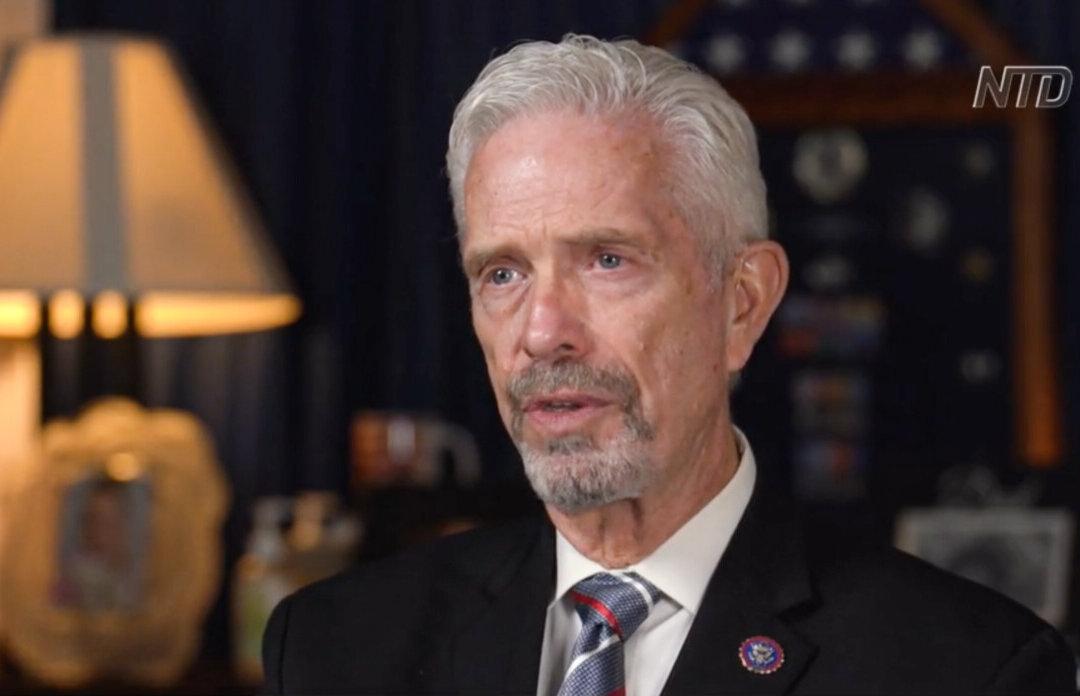The Biden administration needs to reverse its course of “reckless spending” and reliance on foreign nations for energy if inflation is going to go down, according to Rep. Bill Johnson (R-Ohio).
Johnson, who is running for reelection in Ohio’s 6th Congressional District, told NTD’s “Capitol Report“ program that he doesn’t see an end in sight to sky-rocketing inflation unless the president stops funneling ”massive amounts of money” into the system and reduces energy dependence on other countries like Venezuela and Iran.





